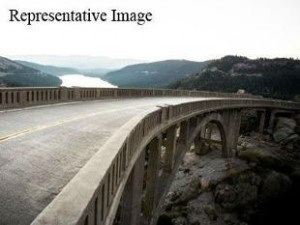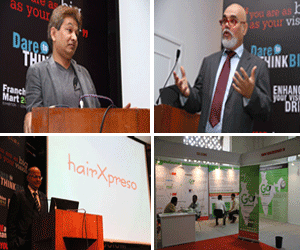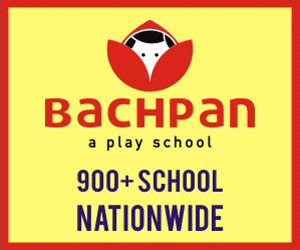The Kerala government proposes to develop an integrated multimodal transport system linking roads, railways and sea ports for the movement of cargo and passengers, Ports and Fisheries Minister, K Babu, said today.
“The state government has been taking concerted measures to utilise coastal shipping, which is environment friendly,” he said in his inaugural address at the Maritime Education and Training summit here.
As a first step, government wants to set up commercially viable Inland water transport system to ease congestion on roads, he said, adding the plan was to move 20% of road cargo through waterways by 2020. The port facilities are being revamped by setting up new port terminals and adding coastal infrastructure.
The state is actively pursuing with the Centre setting up of the state Maritime board, he said, adding efforts are on to explore the tourism potential in the shipping sector.
K Mohandas, Former Shipping Secretary, said India’s contribution to global manpower in the sector is only 6-7%. The shipping ministry proposed to increase it to 9% by 2015, but there is need to look at over 17%, he said.
Philippines had contributed large number of people and China was also contributing aggressively, he said.
Stressing the need for quality education in Maritime sector, he said there is need to look at best practises in India and abroad and create a manpower which the world cannot refuse.
He also pointed to the need to be cautious about the ‘very high’ bogus educational institutions in the sector.
There could be fly by night operators among the recruitment agencies which was a matter of concern, he said while calling for setting up of a regulatory authority for maritime education and training.
Abdulgani Y Serang, General Secretary, National Union of Seafarers of India, said more women should take to sea faring, and lamented that the profession was not attracting the cream of students.
Prof G Raghuram, Prof IIM Ahmedabad and former Vice Chancellor, Indian Maritime University, said efforts are needed in sourcing and training quality faculty. He said a broader and deeper curriculum design was also needed.
Vice-Admiral Pradeep Chauhan, Commandant, Indian Naval Academy, Ezhimala, was among those who spoke.
Sessions on policy, curriculum and training framework, strengthening and enriching maritime careers at sea and ashore, understanding new generation Seafarers to manage and retain them effectively was also held the summit.
The aim of the summit is to showcase the importance of quality education and appropriate training to bring efficiency in shipping, port related and allied maritime sector.
It is also to focus on ways to bridge the disconnect between maritime curriculum and industry needs and bring in greater academia and industry collaboration.































 +91 9909960054
+91 9909960054